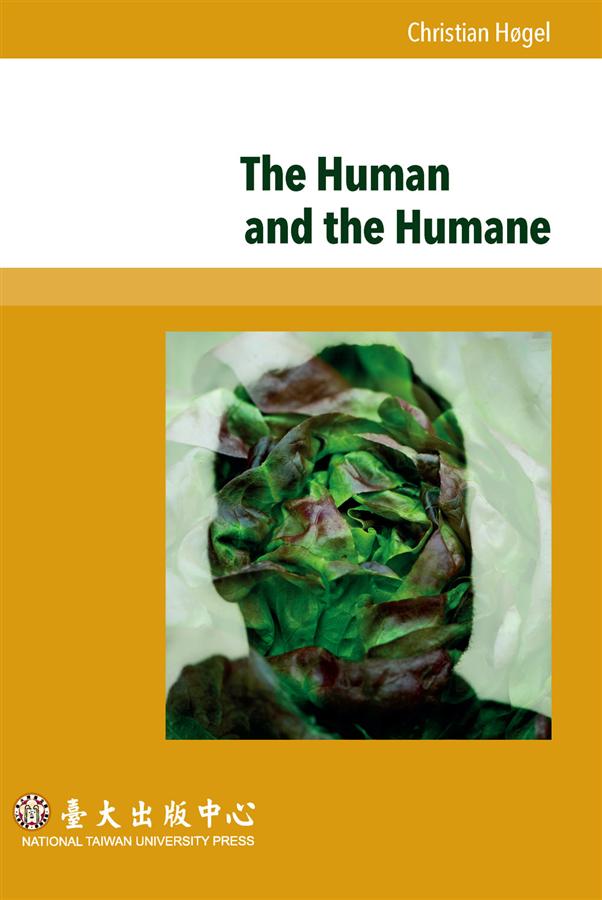內容簡介
內容簡介 In times of conflicts and crises, an argument insisting on the humane is commonly heard. In wars, voices demanding a humane treatment of prisoners – as decreed by the Geneva Convention – will be raised. Opposition to social injustice may be framed in a collected call for a humane society. Even educational systems may insist on having a humane perspective among its leading causes. Words referring to man – humane, but also humanistic, humanitarian, even humanity – thus take on status of ideals for mankind. Man, in common and legal speech, thus becomes the conceptual marker of his own perfection. The subject of this book is the early history of this linguistic feature and in particular its argumentative use, from its starting point till early modern times.
作者介紹
作者介紹 ■作者簡介Christian HøgelChristian Høgel is professor at the University of Southern Denmark, Odense. He is co-director of the Centre for Medieval Literature (Odense & York) and has written on Classical and Byzantine literature.
產品目錄
產品目錄 Foreword Introduction Chapter 1: The Humane as Argument Beginnings Chapter 2: The Humanitas of Cicero Laws and diplomacy The empire: provincials, barbarians, and slaves The dynamic turn Subject or object or both: cultural education or the law? Chapter 3: Implementing Humanitas Imperial responses Humanitas as ‘humanitarian’ Seneca Chapter 4: Christianizing Humanitas Lactantius Other medieval usages Chapter 5: Humanitas as Argument Against War The Italian humanists First beginnings in the Renaissance Erasmus and later humanists Epilogue: Ancient Humanitas after Erasmus Bibliography Abbreviations of ancient, Greek-Roman sources Index
